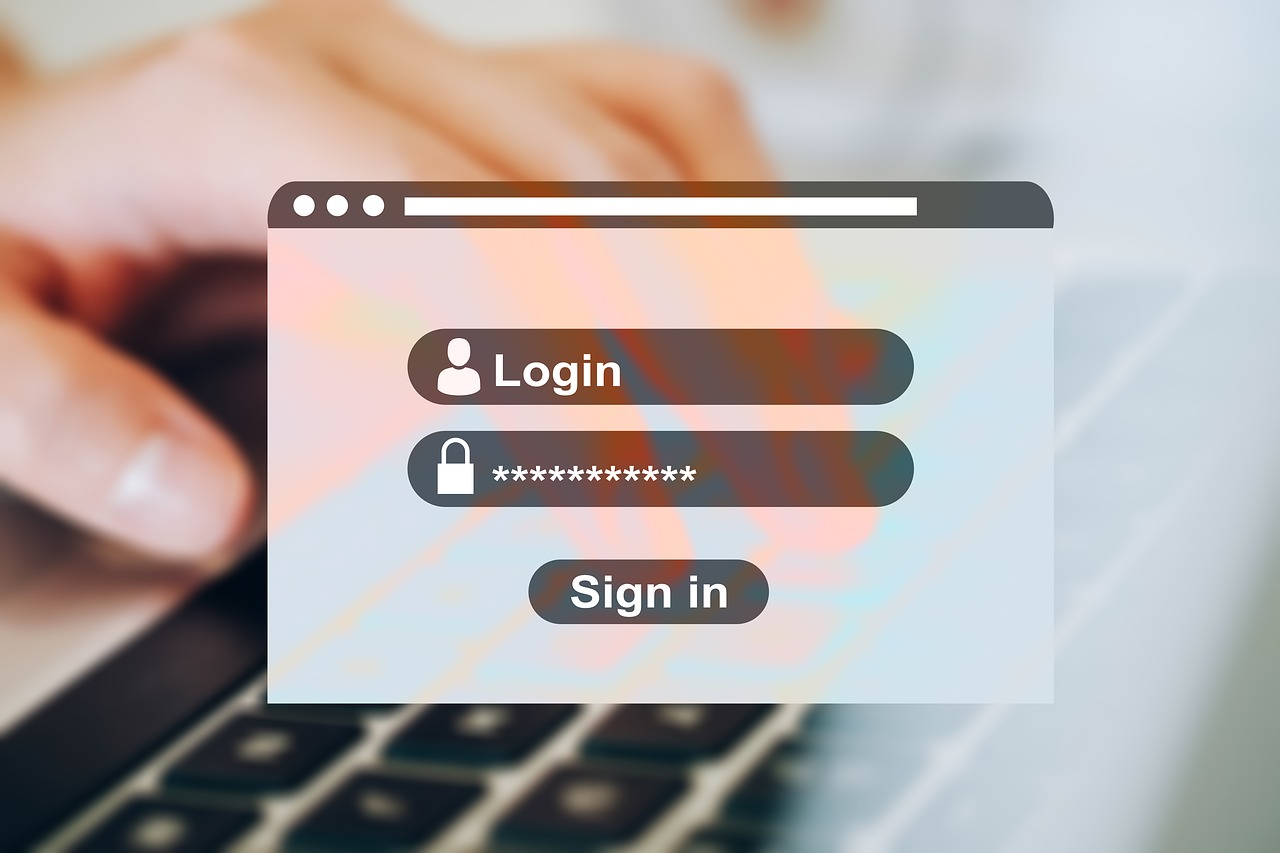
One of the simplest, yet most misunderstood aspects of internet safety is how to choose and store your passwords for optimum safety. With all the technology services we use in our every day life, it is more important than ever to stay safe, and to keep our online presence as protected as possible.
In this article we will go over the different ways in which individuals can protect themselves, by properly encrypting passwords, thereby storing them safely. A secure password generator
The evolution of passwords
We use passwords everywhere on the internet. We use them for websites, email as well as for our apps and other services we use. Some of these are only used on a weekly or monthly basis, and can therefore be difficult to remember.
Every website or service also has different requirements as to how many characters, how many numbers and special symbols the password should use, so it is increasingly difficult to remember all of your passwords.
Some of us might have taken to writing them down on our physical notepads, but this leaves a huge security risk wide open. Anyone stumbling upon this notepad, would gain access to all of your private data.
Password managers store your passwords safely
Enter the password managers. These services help us by storing passwords safely by encrypting them with the latest technology, as well as organising everything neatly, allowing us to easily find whatever password we are looking for, without scrolling through a long list of irrelevant information.
By choosing a password manager to keep your information secure, you will be able to relax, knowing you have done your part in securing your internet activities. Not even the company providing the password manager will have access to them, that’s the way the encryption works.
By using a password manager with a secure password generator feature, you can further protect yourself and cut down on time spent typing long key phrases. This can be helpful in a number of situations, but most of all, it is a great way to keep you from using the same password over and over again. The #1 mistake people make when it comes to password security.

Never use the same password for multiple accounts
For obvious reasons, it is better to have separate password for each login you have, but up until the invention of password managers, it was difficult to do this in an efficient and sustainable way. These days you can install the password manager on your computer, laptop or smartphone depending on the provider, which allows you to instantly grab any password you want with only a moments notice.
That also means you can start using longer and safer passwords that contain a healthy mix of numbers, symbols and other important characters to help make the password tougher to crack.
How to choose a password manager
There are many options available in terms of password managers, but it is important to research before choosing one. Some of the key factors you should consider are things like whether they also offer a secure password generator, encrypt your data using the latest technology, their track record, and maybe even country of origin if you are located in a country where the government has specific rules.
- Automatic password generation
- Encrypted passwords with at least 256 bit technology (AES-256)
- Works on multiple devices
- Possibility for importing and exporting data
- Easy licensing and pricing model
- Support for long and unique types of passwords
- A bonus if the company also offers other security services
- Good track record
These are some of the more important things you should consider when looking at password managers. Of course, your situation might be slightly different than the average need, but nonetheless, by selecting a service that can tick most of these















